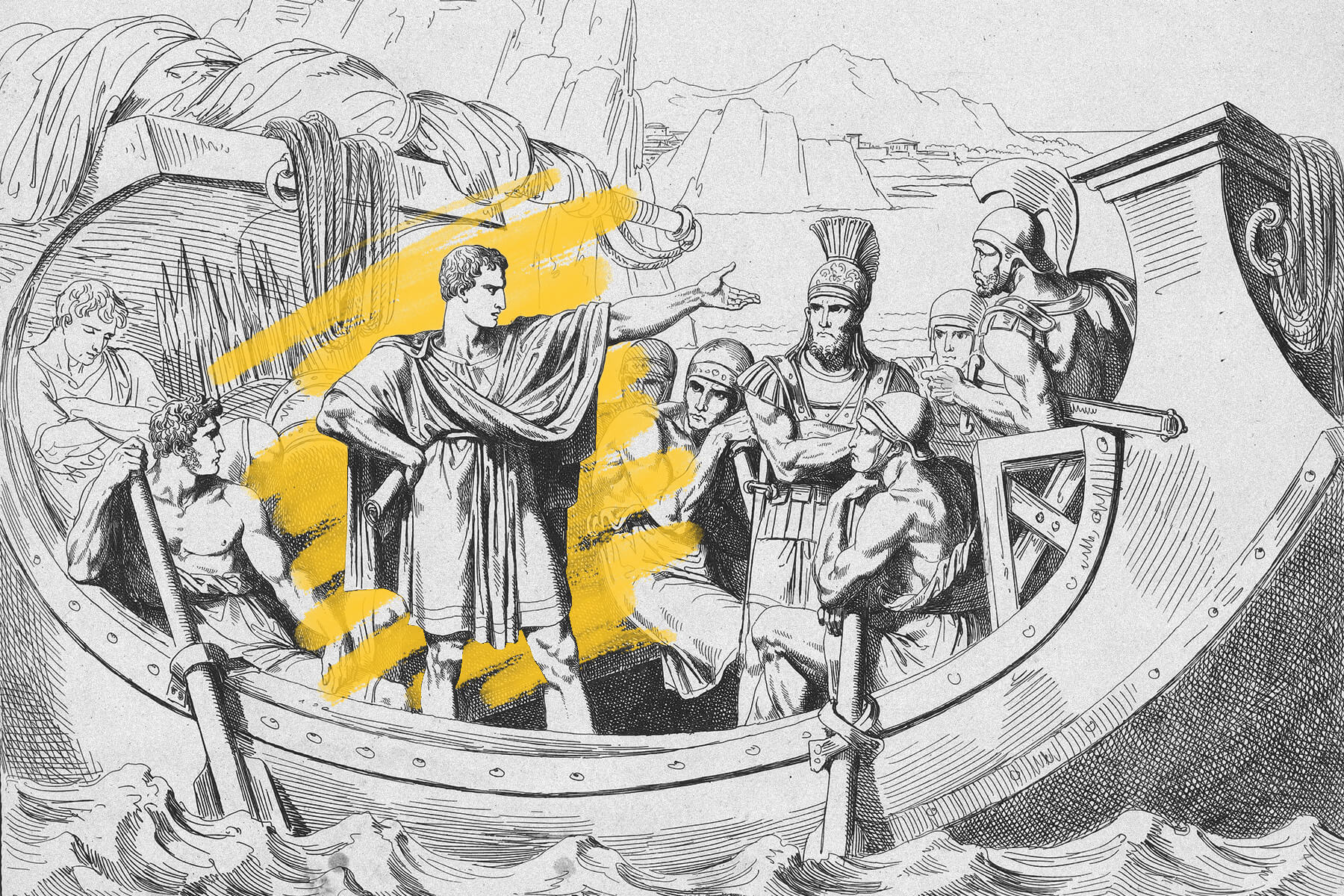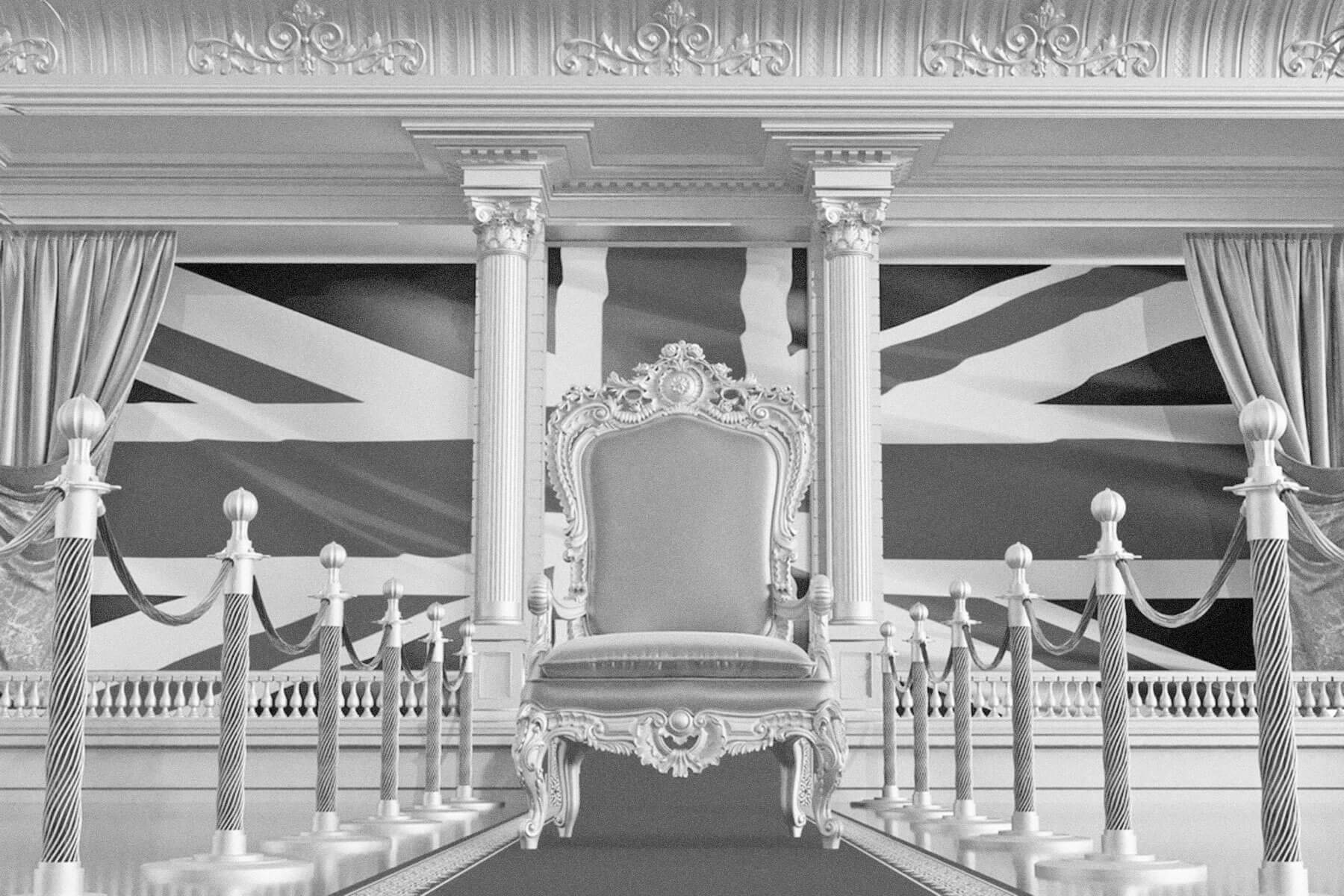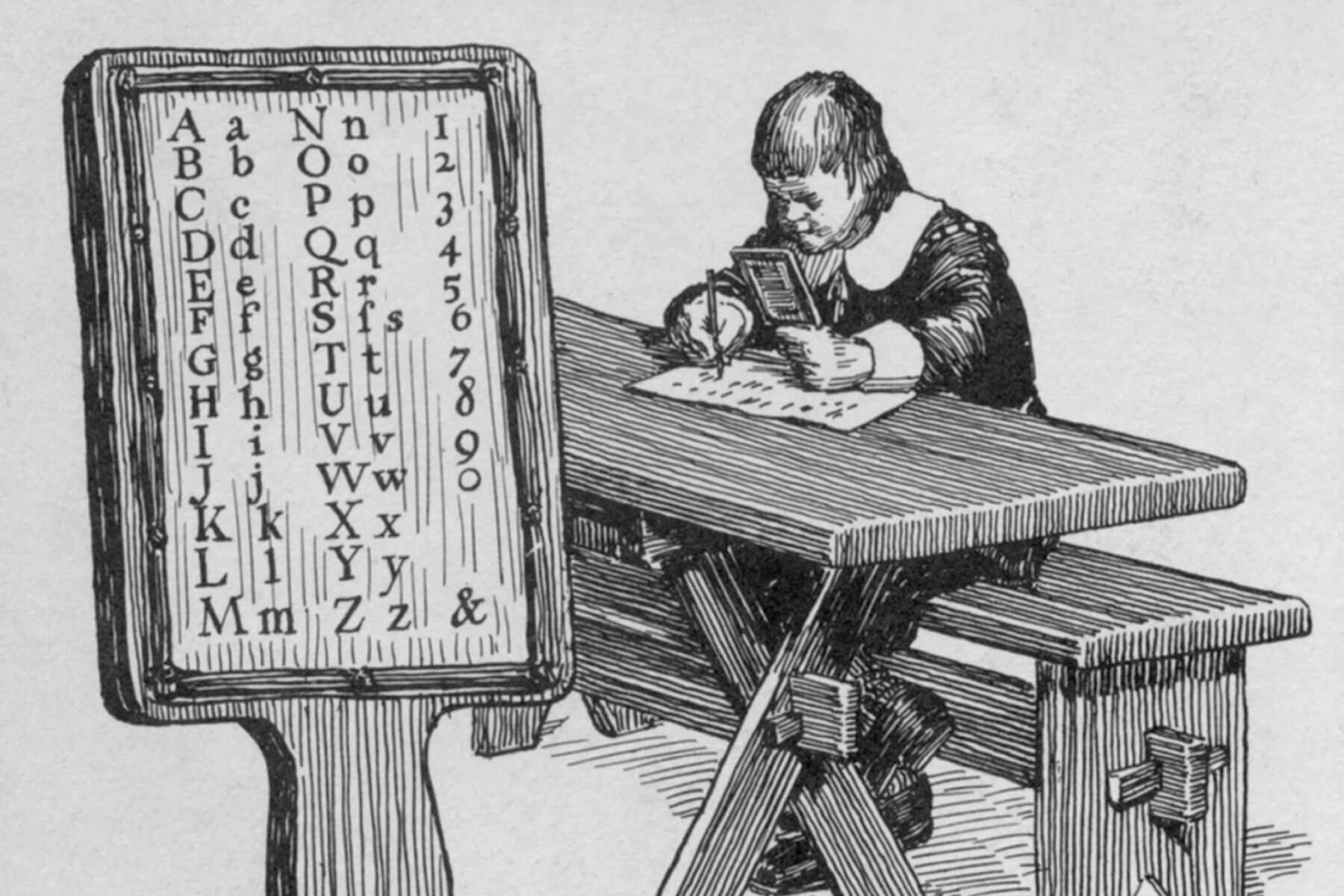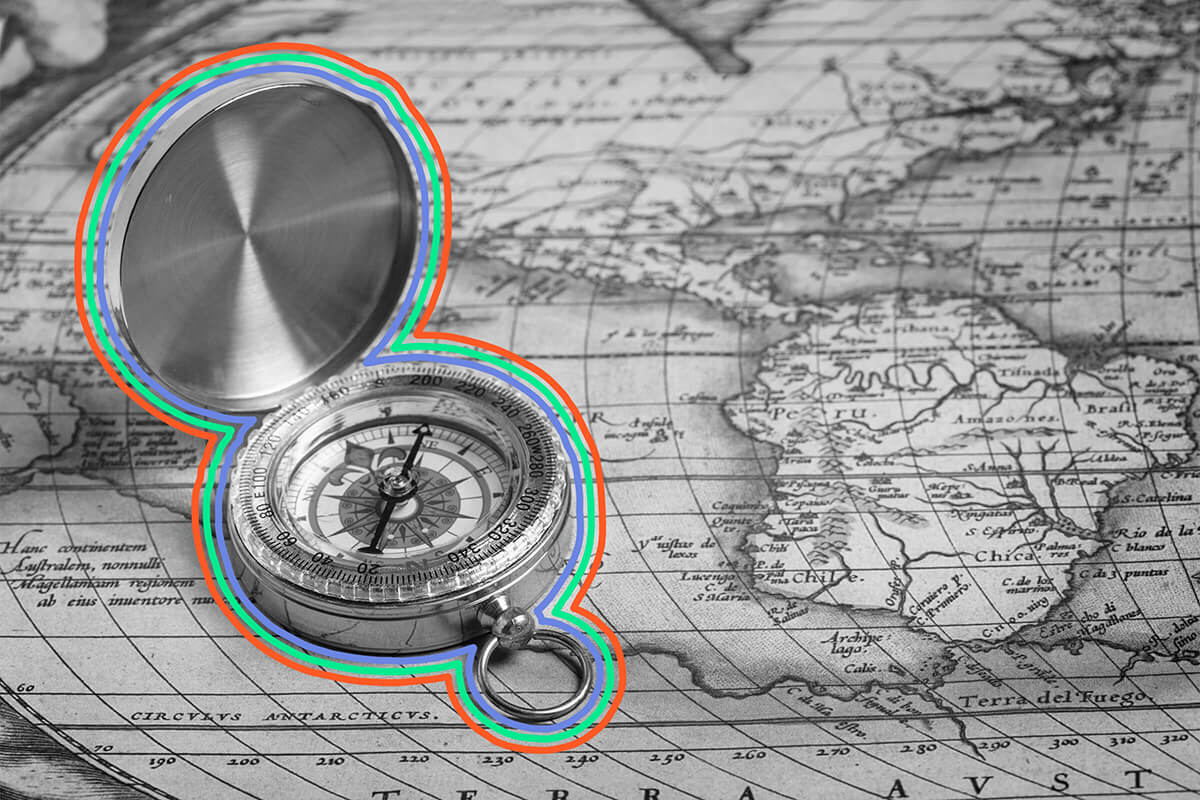Here's what happened when pirates kidnapped Julius Caesar
Tuesday, December 31, 2024
Before he emerged as a military hero and the envy of Roman senators who feared his popular reach, Julius Caesar demonstrated his ability to manipulate minds during a reported encounter with pirates around 75 BCE. |
| |
| |
|
 |
|
| B efore he emerged as a military hero and the envy of Roman senators who feared his popular reach, Julius Caesar demonstrated his ability to manipulate minds during a reported encounter with pirates around 75 BCE. |
|
|
| Although the tale varies based on the historian who relayed it, the general outline holds that Caesar was captured off the coast of modern-day Turkey. According to Plutarch's Life of Caesar, the young nobleman laughed when he heard that his ransom was set at a mere 20 talents of silver (a huge sum of money, possibly worth millions today) and suggested it be raised to the more appropriate sum of 50 talents. After sending his men to fetch the money, Caesar proceeded to boss around his captors: He forced them to listen to his poems and speeches, calling them illiterate savages when they didn't approve; ordered them to keep quiet when he tried to sleep; and brazenly announced that they would all be executed once he was free. |
|
| Released when the ransom arrived after 38 days, Caesar proceeded to the nearby port of Miletus (an ancient Greek city in modern Turkey), raised a fleet, and hunted down the pirates. When the governor of Asia wavered over the fate of the imprisoned men, Caesar took charge of the situation and had them all crucified. |
|
| Given that the story may well have originated with Caesar himself, one could be forgiven for finding the details of this seafaring adventure a little fishy. Nevertheless, it fits in well within the biographical narrative of a powerful man who wrested control of a war-torn republic and helped usher its transition to the Roman Empire. |
|
 |  |
|
|
 |
|
| |
|
| Year Julius Caesar was born | | | 100 BCE |
| | | Surviving biographies in Plutarch's "Parallel Lives" series | | | 48 |
| | | Surviving biographies in Plutarch's "Parallel Lives" series | | | 48 |
|
|
|
| Words in William Shakespeare's play The Tragedy of Julius Caesar | | | 19,703 |
| | | Calories in a traditional Caesar salad | | | 470 |
| | | Calories in a traditional Caesar salad | | | 470 |
|
|
|
 |
|
 | | Did you know? |
|
|
Caesar was allegedly not a talented poet. |
|
| Those "illiterate" pirates may have been on to something when they rejected Caesar's poetic efforts. Although the Roman dictator is credited with composing several verses during his life, including a poem dedicated to Hercules and another describing a journey to Spain, only a few lines from his oeuvre survive today. This is partly due to the failure of medieval monks to copy what they considered to be minor documents, but also due to deliberate censorship by Caesar's esteemed successor. As explained by the historian Suetonius, some of Caesar's early works were set for posthumous publication, until Emperor Augustus abruptly squashed the idea. That was just as well, according to the historian Tacitus, who asserted that Caesar's overall reputation benefited from the lack of access to his poetry. |
|


posted by June Lesley at 4:05 AM











![]()
![]()










0 Comments:
Post a Comment
<< Home